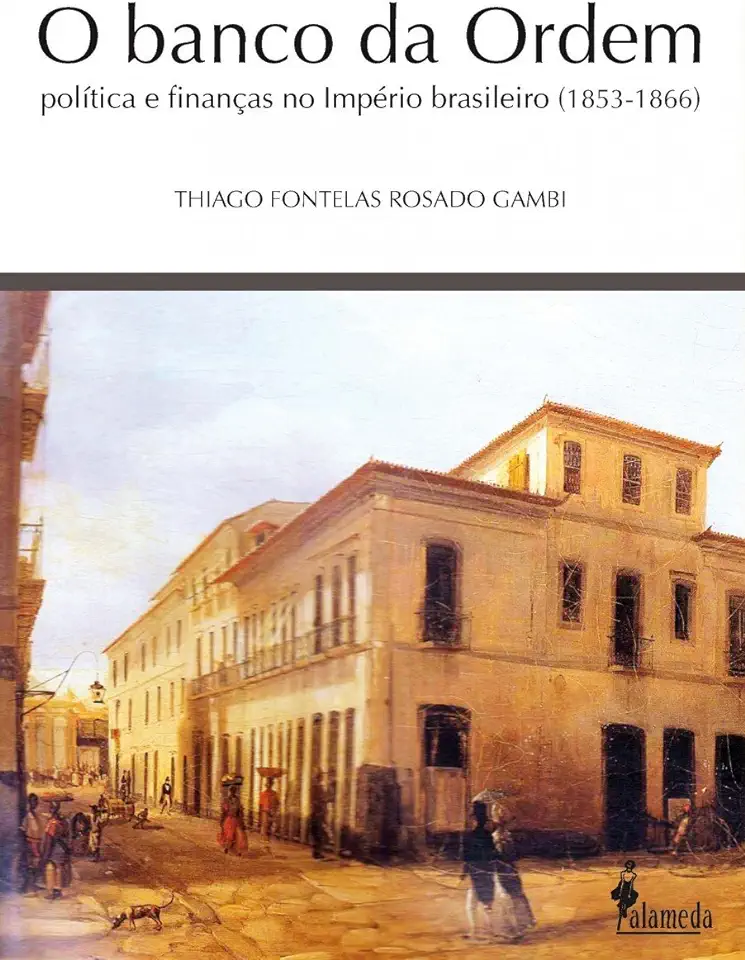
The Bank of Order - Politics and Finances in the Brazilian Empire (1853-1866 - Thiago Fontelas Rosado Gambi
The Bank of Order: Politics and Finances in the Brazilian Empire (1853-1866) by Thiago Fontelas Rosado Gambi
A Comprehensive Exploration of Brazilian Imperial Finance
In his groundbreaking work, "The Bank of Order: Politics and Finances in the Brazilian Empire (1853-1866)," Thiago Fontelas Rosado Gambi delves into the intricate relationship between politics and finances during a pivotal period in Brazilian history. Gambi's meticulously researched and engaging narrative sheds light on the establishment and operation of the Bank of Brazil, a financial institution that played a central role in shaping the economic and political landscape of the Brazilian Empire.
Unraveling the Complexities of Imperial Finance
Gambi's book takes readers on a journey through the intricate web of imperial finance, providing a comprehensive understanding of the challenges and opportunities faced by the Brazilian Empire in the mid-19th century. He skillfully analyzes the interplay between political power, economic interests, and financial institutions, revealing the delicate balance that existed between the state and the private sector.
The Bank of Brazil: A Catalyst for Economic Transformation
At the heart of Gambi's narrative is the Bank of Brazil, an institution that emerged as a key player in the modernization and development of the Brazilian economy. Gambi meticulously traces the bank's evolution, from its establishment in 1853 to its pivotal role in financing major infrastructure projects, promoting industrialization, and stabilizing the nation's currency.
Politics, Power, and Financial Influence
Gambi's analysis extends beyond the realm of economics, delving into the political dynamics that shaped the Bank of Brazil's operations. He skillfully demonstrates how the bank became a focal point for political struggles, as various factions within the empire sought to exert influence over its policies and resources. Gambi's insights into the interplay between politics and finance provide a deeper understanding of the power dynamics that shaped the Brazilian Empire.
A Pivotal Period in Brazilian History
"The Bank of Order" offers a comprehensive examination of a crucial period in Brazilian history, providing readers with a deeper understanding of the economic and political forces that shaped the nation's development. Gambi's work is a valuable resource for scholars, historians, and anyone interested in the intricate relationship between politics and finances in the Brazilian Empire.
Why You Should Read This Book
If you are fascinated by the history of finance, the evolution of economic institutions, or the interplay between politics and economics, then "The Bank of Order" is a must-read. Gambi's engaging narrative, meticulous research, and insightful analysis make this book an essential addition to your library. Delve into the world of imperial finance and discover the untold stories that shaped the Brazilian Empire.